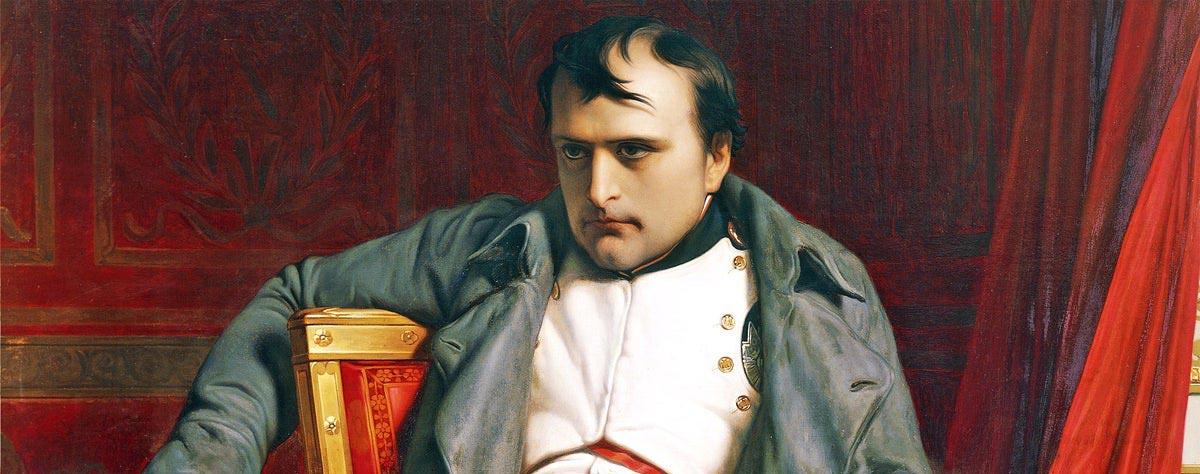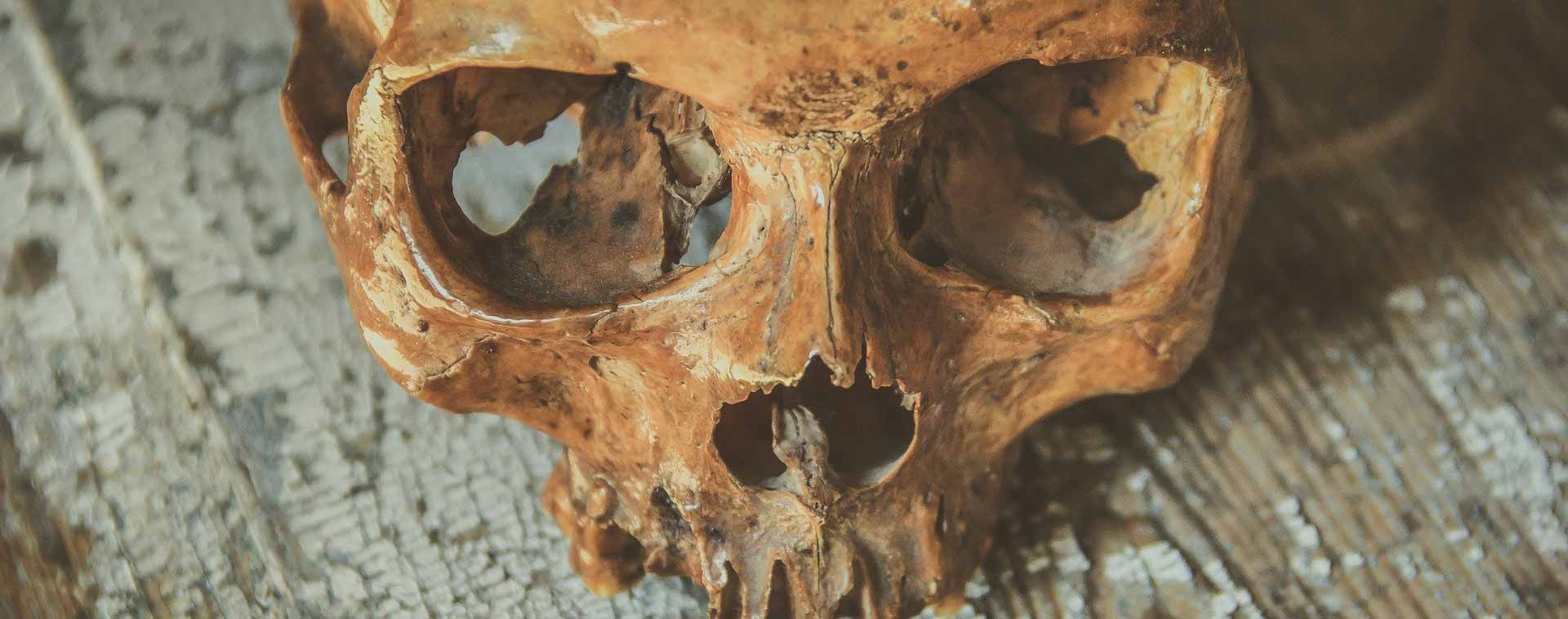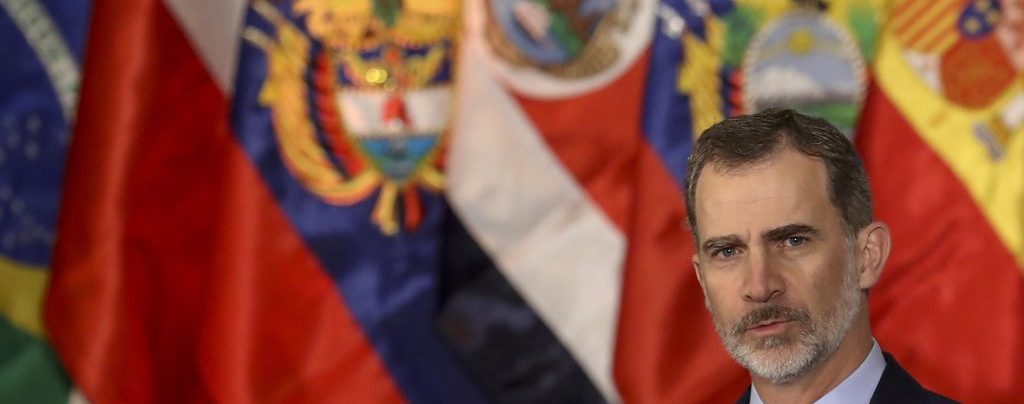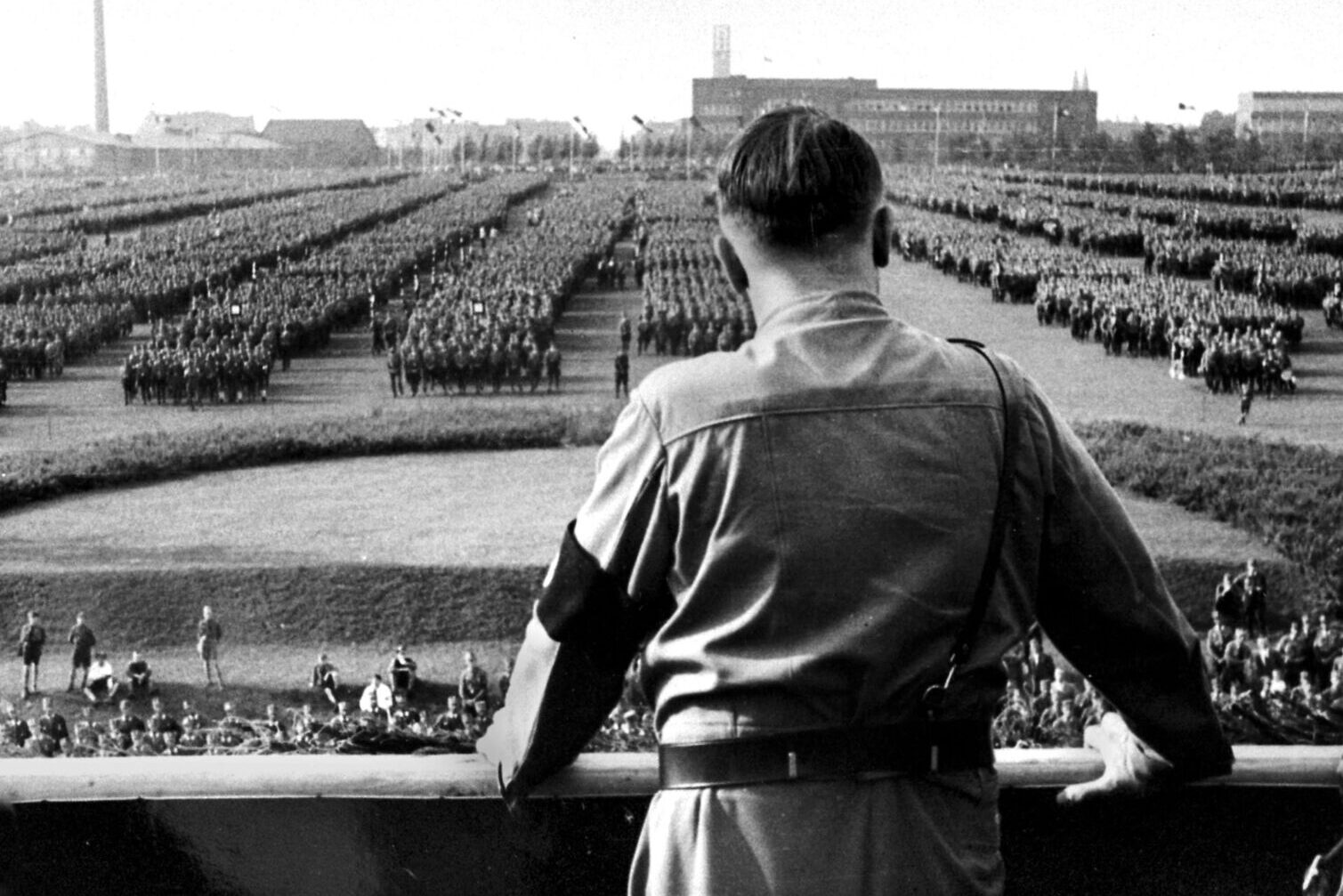The left and the nationalists only have victims, not perpetrators
Title I takes UN Resolution 60/147 (16 December 2005) as a pretext to define “victim” as:
“any person, regardless of nationality, who has suffered, individually or collectively, physical, moral or psychological harm, pecuniary damage, or substantial impairment of their fundamental rights, through acts or omissions that constitute a violation of human rights during the period since the coup d’état of 18 July 1936, the subsequent war and the dictatorship, including the period up to the entry into force of the Spanish Constitution of 1978” (Art. 3.1.). (Art. 3.1.)
Note the broad and general nature of the definition, which consciously seeks to increase the number of victims. In reality, there is not a single Spaniard, apart from those who governed the two zones, who had not suffered some infringement of their fundamental rights between 18 July 1936 and 20 November 1975 – remember that the preliminary draft extends it to 6 December 1978 – basically, because there was no constitutional state anywhere that guaranteed civil liberty. But excluded from the category of victims are all those who suffered the various insurrections and also the constant suspension of their civil rights during the period from 1931 to 1936, which barely had six months of full constitutional guarantees, and where fines and deprivation of liberty by the government proliferated. Nor do the victims of the 17 July coup obtain the status of victims, nor when the coup took place on the 19th, 20th and 21st since in most provinces the uprising began on those days and not on 18 July. Finally, those affected by the communist and anarchist guerrillas of the 1940s and 1950s, and by the terrorist groups of the 1960s and 1970s, are not recognised as victims either.
In any case, given the very broad definition of the category of victim, it was almost superfluous to detail a catalogue as varied as the one set out in the text, which goes beyond purely political crimes18. Furthermore, according to Article 3.3, the category of victim can be reached even if there is no known perpetrator of the violation of their rights, one of the fundamental data that allows the circumstances of this victimisation to be established. However, as it is clear that the overwhelming majority of the victims who are appealed to have already died, their status is inherited, in this order, by their spouses (or persons linked by an analogous relationship of affection), undefined descendants (therefore children, grandchildren, great-grandchildren, great-great-grandchildren…), ascendants and collateral relatives up to the fourth degree, as well as “persons who have suffered harm or reprisals when intervening to assist victims in danger or to prevent victimisation“. In short, the draft bill victimises a substantial part of the Spanish population in 2021 as if they had directly experienced the tragic circumstances of the Civil War.
Those who suffered insurrections and suspension of rights between 1931 and 1936 are excluded from the category of victims
It is also noteworthy that it includes people who suffered reprisals or internment in camps outside Spain, who cannot strictly be classified as victims of the war or Francoism. On the other hand, all those who died or were deprived of their liberty or deported, or suffered forced labour or internment in concentration camps, as well as torture or ill-treatment in any of the circumstances described above, are excluded as victims, provided that those responsible for these penalties were the Republican authorities or the guerrillas or any anti-Franco organisation. Nor will victims (or inherit their status) be those who were purged or professionally repressed for holding public offices, jobs or work because they were considered to be disaffected with the “Republic” or the “Popular Front”. It is particularly noteworthy that “persons repressed or persecuted for the use or dissemination of their own language” are considered victims, in a Spain where the Constitution is currently being violated in linguistic matters, and when in several autonomous communities Spanish is coercively expelled from education and public spaces, as in the case of signage.
Therefore, this arbitrary and ahistorical delimitation of victims, which so favours those on the Republican and anti-Francoist side, is complemented by the declaration of nullity of all convictions and sanctions produced during the War and the Dictatorship “for political, ideological, conscientious or religious beliefs or sexual orientation and identity”, which goes beyond the illegitimacy declared by the current law of “Historic Memory” of 2007. Thus, on the Republican or anti-Francoist side, there are no longer any perpetrators, there is no one left to hold responsible for the violations of civil rights in the Republican zone or for the violence of the guerrilla groups or the armed bands of the extreme left. It is worth remembering that, although the overwhelming majority of these victims were people linked in some way to centre and right-wing parties or similar associations, there were also those of the Partido Obrero de Unificación Marxista or the CNT in 1937, executed by militants of other Popular Front parties and trade unions, and in 1939 more Republican victims from the Republican side itself, following the coup by Colonel Segismundo Casado. In fact, the victimizers of the Republican side, some of whom were already on the verge of being glorified on the plaques of the Memorial in the cemetery of La Almudena, by suffering in some way the effects of the Republican defeat in the Civil War or the consolidation of the Franco regime – those who were not retaliated against in some way had to go into exile – are automatically converted into victims, into fighters for democracy and freedom who must be glorified. And yet, the draft bill incurs in a contradiction, as it not only annuls the sentences of the Dictatorship “against those who defended the previous institutional legality” (art. 5.3), but also those passed by the courts in the Republican zone, thus recognising that there was no democratic legality in that zone whatsoever.

The Secretary of State for “Democratic Memory” plans to keep a register of victims in which names, circumstances and dates of the repression suffered will be recorded. It will act ex officio, at the request of “victims” and their relatives19 or memorialist organisations to obtain information from “various sources and archives” of public administrations, “and any other national or international source with relevant information” (art. 3.2.). But the preliminary draft does not establish principles or procedures for cross-checking the information, nor how those responsible for doing so will be selected. So the register will become a hotchpotch of names, as bulky as possible to achieve a propagandistic effect and assembled with laxity and arbitrariness, with a procedure designed not by a scientific institution but by a political one: the same Secretary of State for “Democratic Memory”. Identical defects appear in the future national census of victims, destined to be made public. Only their names will appear, without “special categories of data”, so that it will not be possible to ascertain what circumstances have given a citizen the category of victim. To make things even more inconsistent, this census also includes those killed in combat who are not considered to be victims (art. 9). In short, what these counting rules make explicit are the same lax “methods” of the memorialist associations and their like-minded historians, who are behind the inflated figures of nationalist and pro-Franco reprisals that they publicise in the media.
The Secretary of State plans to keep a register of victims in which names, circumstances and dates of the repression suffered will be recorded
The draft also establishes “collective victims”, the “political parties and trade unions” of the Republican side (art. 3.6), very much in line with the aim of glorifying the current leftist and nationalist organisations. No recognition or reparation is envisaged for all those parties and trade unions dismantled and destroyed in the Republican zone or even before the war, between February and July 1936, because of their centre and right-wing significance. The collective victims also include “ethnic minorities, feminist associations, educational institutions and cultural groups”, which in some way were persecuted by Franco’s dictatorship. No recognition is given to the associative or cultural-educational fabric destroyed in the Republican zone.
After individually and collectively victimising half of Spain, the draft bill establishes reparations. It will be, except for political parties and trade unions, purely moral: a document “of recognition and personal reparation” (arts. 5.4. and 6). No reparations of a professional or economic nature are established, nor any patrimonial responsibility on the part of the state. The result is an immense inconsistency that belies the need for the new law and destroys one of the maxims of the preamble: that relationship of continuity between the current democracy and the regimes that preceded it, which would oblige the former to “close” a “debt” with “its past”. In reality, as economic compensation has been constant since the establishment of democracy, the draft bill is limited to restoring, in the second section of the single derogatory provision, orphan’s pensions for those over the age of 21 who are not incapacitated, established by the law in force in 2007 and suspended by the PP in 2013, as well as certain compensation for time spent in prison and in favour of “social ex-prisoners”.
Therefore, the distance between victimisation and the enteco of reparations (except for parties and trade unions), opens the door, officially recognising the status of victim and the damage caused to their ancestors, to new claims that go beyond the purely moral and benefit those who inherited this status without even having experienced, given the remoteness of the majority of the events covered by the text, any moral or material damage in their families. Apart from the documentary recognition of reparation, the draft bill establishes that the public authorities should promote others of a public nature, and so 31 October – the day on which the Cortes approved the constitutional text of 1978 – is designated as a day of “remembrance and homage” to all the victims of the “Coup”, the “War” and the “Dictatorship” (art. 7), thus privatising a commemoration of all for the unjustified benefit, due to its distance from the spirit of the 1978 Constitution itself, of those who were on the Republican side and later on the anti-Franco side. It also established 8 May as a “day of homage to the victims of exile” (art. 8) to mark their contribution, according to the preamble, “to the defeat of fascism”20. The date chosen is that of the capitulation of Nazi Germany in 1945, a choice that is not innocent in a country like Spain, which, moreover, remained outside the conflict. With it, the fundamental identification between totalitarianism and fascism is once again highlighted, ignoring the fact that the end of the Second World War meant the imposition of another totalitarianism that curtailed freedoms in Eastern Europe until 1989 and 1991. In this way, those exiles who supported the USSR or other communist powers during the Cold War, or who were openly anti-American and opposed to the cause of the free world, can be included as “victims” and supporters of “democratic memory”.
Notes
- Article 3. 1 details, without even limiting them to these, the following categories of victims: a) Persons who died or disappeared as a consequence of the War and the Dictatorship; b) Persons deprived of their liberty or who suffered deportation, forced labour or internment in concentration camps, militarised prison colonies, inside or outside Spain, and suffered torture, ill-treatment or even died, for their defence of the Republic or for their resistance to the Franco regime aimed at the re-establishment of a democratic regime; c) Spaniards who suffered confinement, torture and, in many cases, death in Nazi concentration camps; d) People who went into exile as a result of the war and the dictatorship; e) People who suffered economic repression with seizures and total or partial loss of property, fines, disqualification and expulsion; f) People who suffered repression because of their sexual orientation or sexual identity; (h) Children abducted and adopted without the free and legitimate consent of their parents as a result of the war and the dictatorship, as well as their parents, parents, brothers and sisters. i) Persons who participated in the anti-Francoist guerrilla movement, as well as those who actively supported them as collaborators, in favour of the recovery of democracy (?); j) Persons repressed or persecuted for the use or dissemination of their own language; k) Persons who suffered persecution or violence for reasons of conscience or religious beliefs, as well as those persons repressed or persecuted for belonging to Freemasonry and theosophical and similar societies”.
- It would be strange, of course, if “victims” and their relatives were to acquire this status without having been previously registered as such. Another of the many boutades of the draft bill.
- Anteproyecto de Ley de Memoria Democrática, p. 9-10.
On This Day
No Events
Recommended for you







